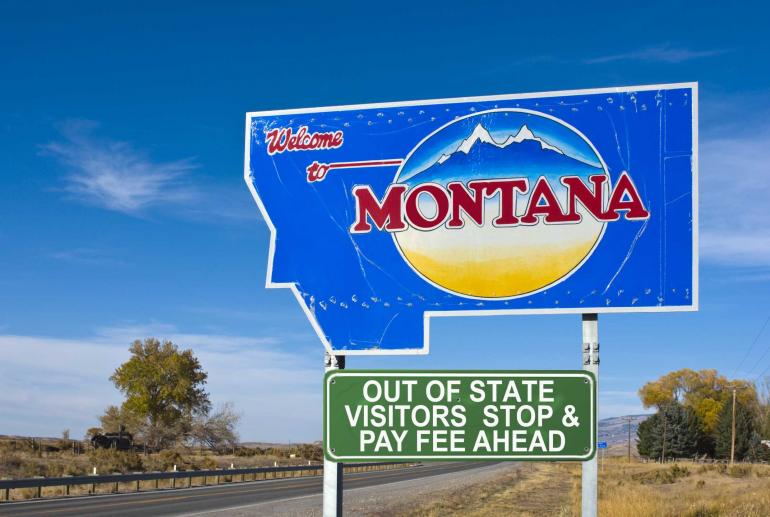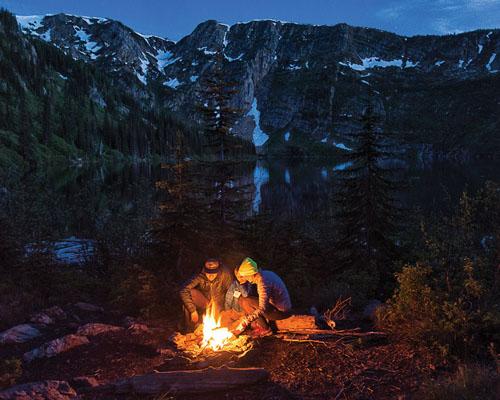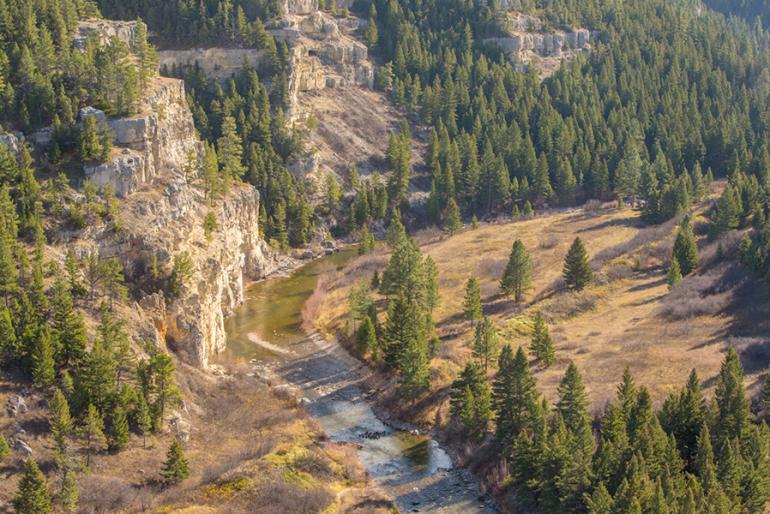Should Montana Implement an Out-Of-State Surcharge for Campers in State Parks?

With tourism down and a pandemic ravaging the world, it's fair to say that the times, well, they're a changing; the tourism that we have got is a double-edged sword. The state and its small businesses need tourism revenue, but out of state tourists carry with them the increased risk of spreading coronavirus, which could decimate the already fragile economy if it were to advance far enough. The question, therefore, is what is the safest way for Montana to facilitate tourism in a safe and profitable way.

Oregon has a solution, but depending on who you are and what part of the Montana economy you represent, you might not like it.
Oregon has instituted an out-of-state surcharge for campers. It does not effect in-state campers, as the rate-hike is aimed squarely at out of staters. According to the Oregon State Parks website, these are the new rates:

"The average cost for a full-service RV site is currently $33 a night. Starting Aug.10, the cost increases to an average of $42. The average tent rate is currently $19 a night and will increase to $23 for nonresidents."
While not an astronomical rise in price, they still represent a substantial increase. Some have estimated that the Oregon State Park system stands to increase revenue by as much as $500,000.
Again, the Oregon State Park website is refreshingly upfront about why they have implemented this decision:

"In short, we made this decision for both health reasons and to raise revenue. First, controlling the spread of COVID-19 factors into every operational decision we make. Current guidance from health authorities encourages all of us to stay close to home and minimize non-essential travel, including for recreation. Imposing a surcharge on out-of-state campers is a way of discouraging non-essential travel and minimizing the potential spread across state lines. Second, we need more revenue, quickly. We lost significant revenue while campgrounds were closed March 23 – June 9. New revenue from the surcharge can help us hire additional workers and offset the costs of extra cleaning."
What do you think? Should Montana try something similar?
